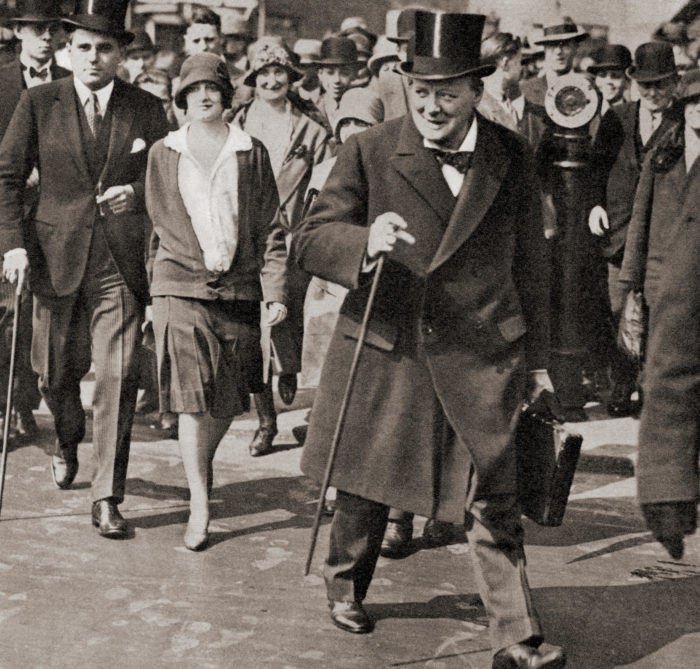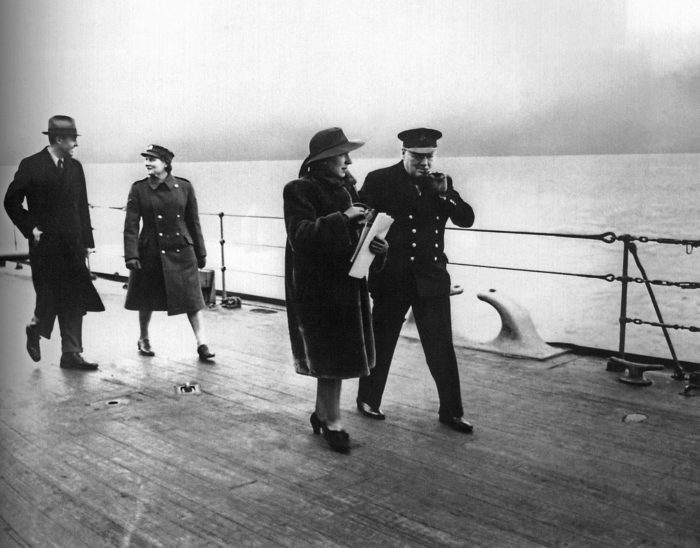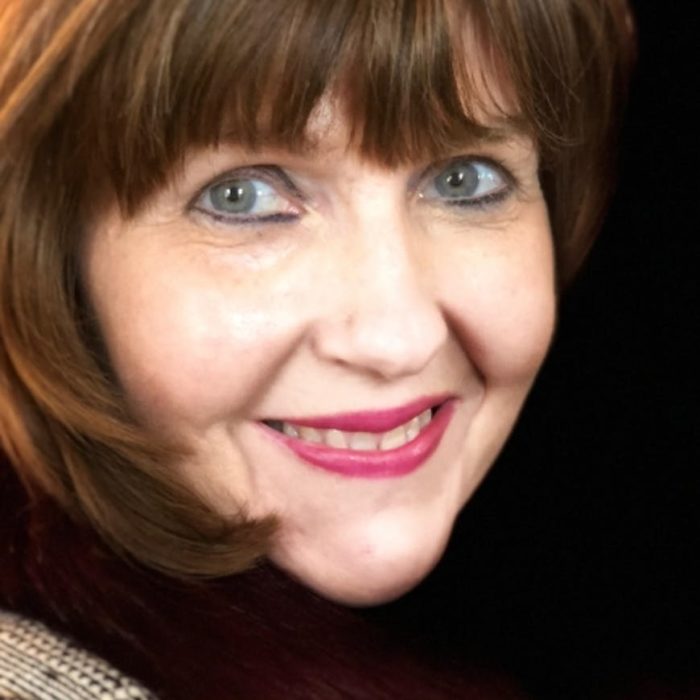by Rachel Trethewey
Winston Churchill dreamed of establishing a political dynasty that passed from father to son, but as I researched his daughters’ lives, I realized that any one of the women would have made better politicians than their brother Randolph. Winston’s three surviving daughters, Diana, Sarah, and Mary all had different skills which could have made them effective political stars.

Classic Image_Alamy Stock Photo
Inevitably, from their childhood, they were immersed in politics. As a teenager, Diana was fascinated by political ideas and often campaigned with her father. Stepping in for her mother, Clementine, she attended political meetings with him and even began to make speeches at events. However, she lacked the necessary ego to stand for Parliament, and instead, she became the supportive wife of the Conservative politician, Duncan Sandys. In contrast, Sarah had the charm and charisma to have won over voters. When Randolph stood in a by-election in 1935, the family nanny thought that she was far better at handling people from different backgrounds than her brother. However, her focus was always on a different type of platform, and she soon went on the stage.
Perhaps Mary would have been the most suited to a political career. She was charming, worked hard, and had the necessary political gravitas. During the war, she had a stellar career, which saw her promoted up the ranks of the ATS (Auxiliary Territorial Service) on her own merit and receive a military honor for her outstanding war service. Traveling with her parents to Canada and the United States, she became a celebrity overnight when she toured military camps and factories and made eloquent speeches and broadcasts. Noticing how well she performed, the press baron Lord Beaverbrook, suggested that she should stand for Parliament at the next election. Mary was briefly attracted by the idea. She wrote: “I got enthused and visualised myself in distinguished black (with a soupcon of white) making a speech about drains.”
Although the Churchill sisters would have made good politicians, they chose not to, partly because of their upbringing but also because it was difficult for women in their generation to combine high-powered careers and family life. As they watched their father treat their brother Randolph as the crown prince, they grew up believing it was only the men in the family who could go into politics. Although Winston depended on his highly intelligent wife’s support and advice, he believed that men and women had separate spheres; the females in his family were expected to be attractive accessories to the men but not to take center stage themselves.
However, after his daughters’ exceptional wartime careers he began to change his attitudes to women’s roles as they proved themselves to be more competent than his son. His changed attitude was shown in the 1945 general election campaign. During my research in the Churchill Archives at Cambridge University, I found a letter from Sarah to her father, suggesting that he should wage war on the post-war housing shortage in the same way he had fought the Nazis. Realizing she was a shrewd political observer, Winston listened to her advice. He discussed the need for a comprehensive housing program with his Cabinet colleagues and the idea was included in a party political broadcast.
Diana was also thinking for herself and developing her own political ideas. Shortly before the end of the war, at a dinner party with her parents and husband, she shocked them by saying she did not intend to vote Conservative in the election. Believing in a fairer society, she intended to support the short-lived Common Wealth party, which championed socialist ideas.
After the war, the Churchill sisters, like so many women, reverted to more traditional roles, however, they all remained involved in politics. Even when Sarah was pursuing her acting career in America, she offered her father advice on how he could improve his campaigning for the modern era. Involved in the early days of television in the United States, she advised Winston about using the latest media. She also suggested that he should make regular broadcasts to America on current affairs, however, her father told her it would not be appropriate for him to intervene in the politics of another country.

Fremantle_Alamy Stock Photo
Following in their mother Clementine’s footsteps, Diana and Mary supported their conservative politician husbands. Until her marriage to Duncan Sandys ended in divorce, Diana did everything she could to promote his career. Mary did the same with her husband, Christopher Soames. However, we get a glimpse of how effective she could have been as a politician herself when Christopher had a riding accident which meant he was hospitalized during the 1964 general election. Mary fought the campaign for him, charging around his constituency at top speed, canvassing voters and making speeches. She was very successful and won the election for him. She drew on similar skills when Christopher became firstly Britain’s ambassador to France and then the last governor of Southern Rhodesia. Mary handled even the most difficult situations with confidence. In recognition of her exceptional contribution to public life, in 2005, the queen appointed Mary a Lady Companion of the Order of the Garter. She joined an exclusive group that included former prime ministers, dukes, and generals.
In 1976, Margaret Thatcher, the future prime minister, wrote to Clementine Churchill saying that she hoped one day to see a female Churchill in Parliament. So far it has yet to happen. Ironically, out of all the Churchill women, the one who went furthest in politics was not one of Winston’s biological daughters but his daughter-in-law, Pamela. In later life, the former wife of Randolph married her great love, the American politician, diplomat, and businessman, Averell Harriman. She became an important society hostess and donor to the Democrats. Recognizing her diplomatic skills and charisma, in 1993 President Clinton made her America’s ambassador to France.
Rachel Tretheway has a degree in History from Oxford University, and a PhD in English from Exeter University. At Oxford, she won the Philip Geddes Prize for student journalism. During her subsequent journalist career she wrote features for the Daily Mail and Daily Express and reviewed historical books and biographies for the Independent. The Churchill Sisters is her fourth book.

